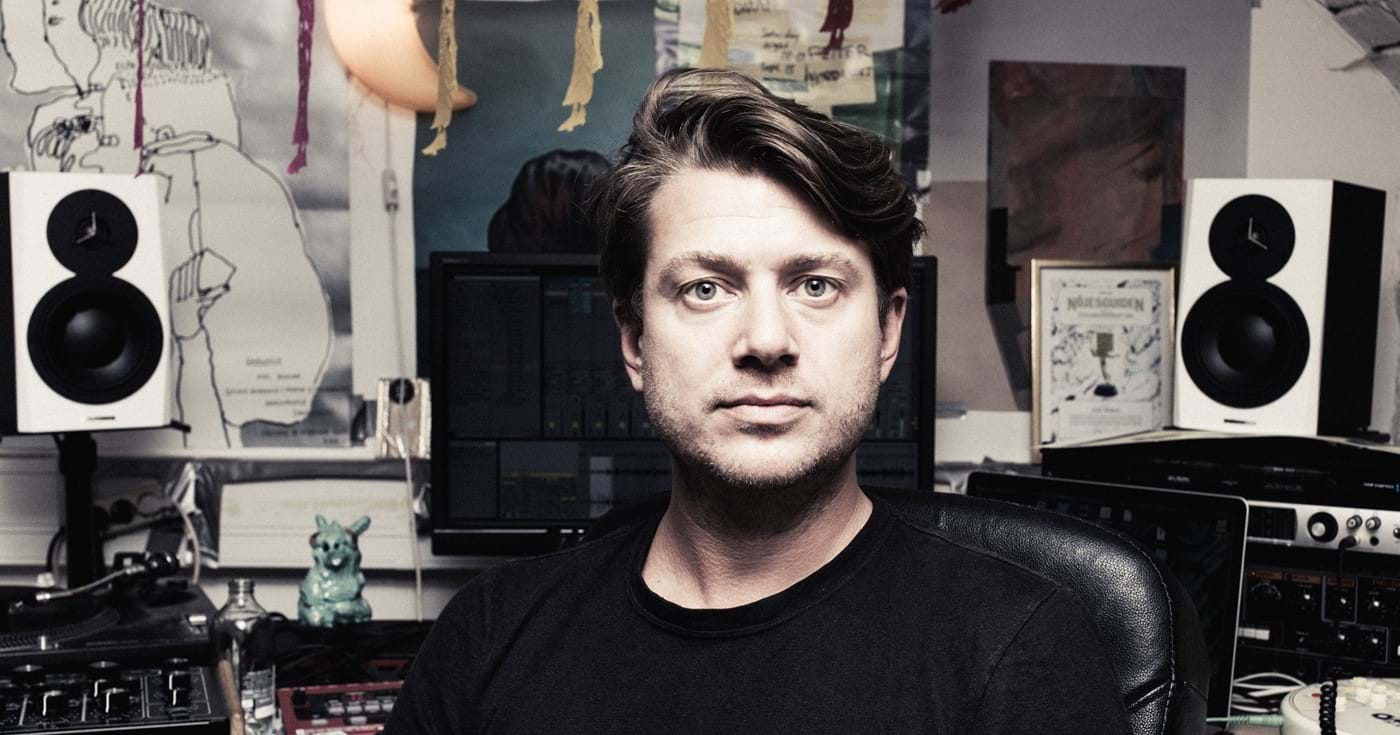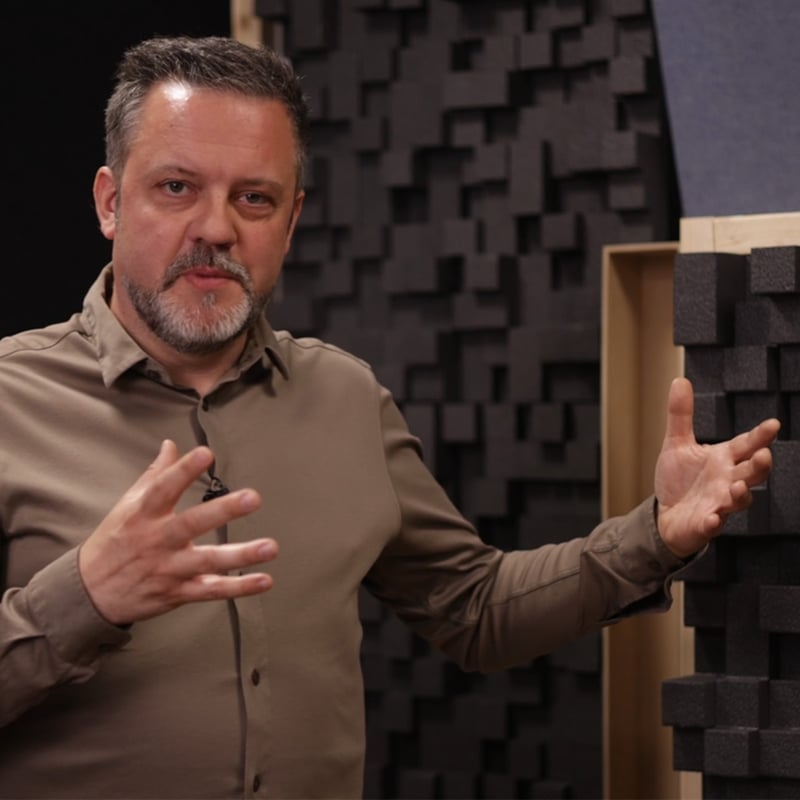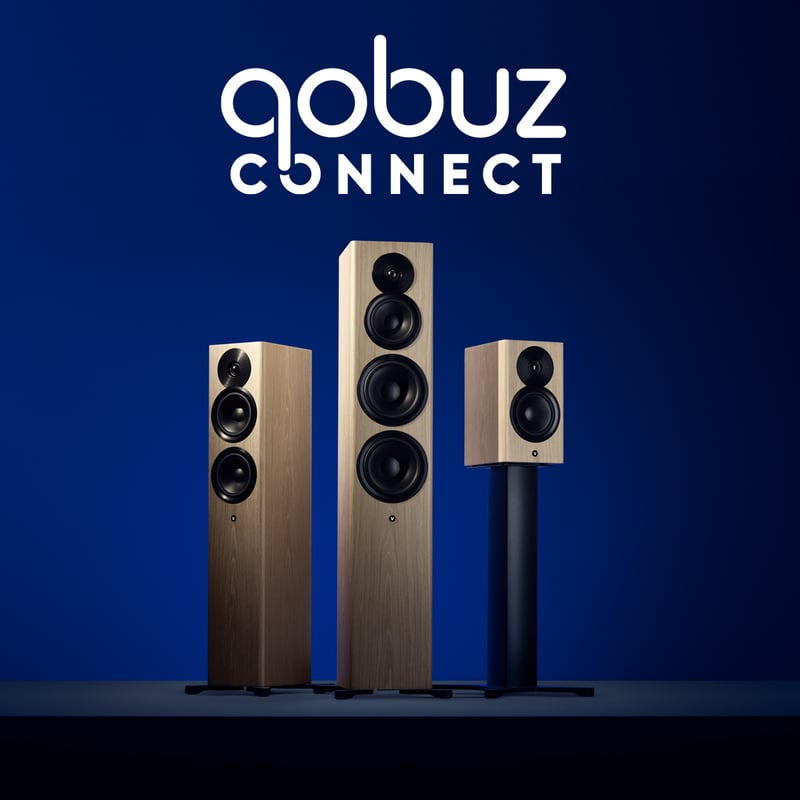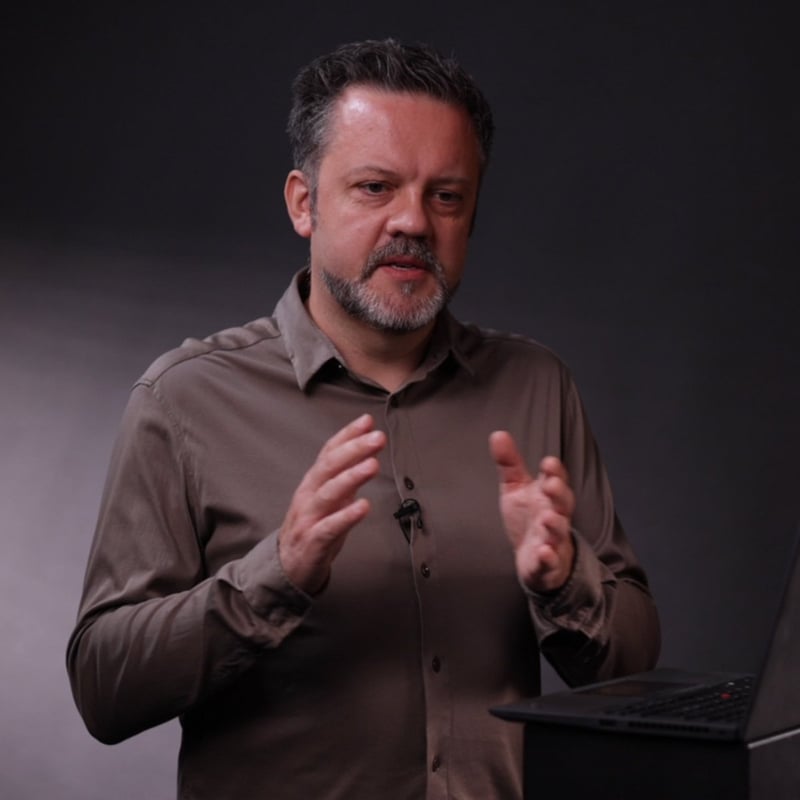Boman has built a reputation for being one of Sweden’s most skillful DJs and producers the latest years. He represents a soulful sound, which has become a trademark for the new Scandinavian wave of electronic music that has gained international recognition.
He works out of Studio Barnhus: a studio collective, a DJ trio, a record label, and much more. In their own words, Studio Barnhus is a “big blob of color splashed right onto the grey scales of the modern dance music.”
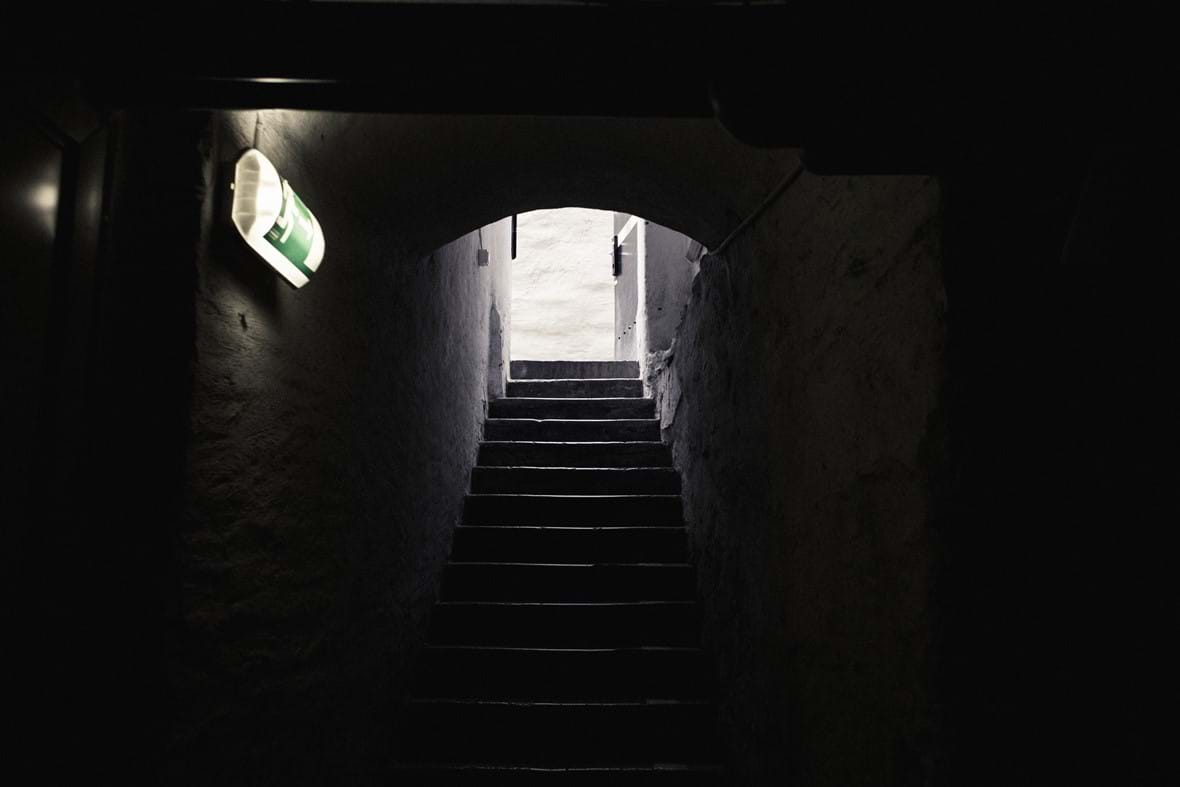
Don’t make the kick drum so loud. It’s not about the kick drum, you just think it is.
Axel Boman, Studio Master
But, back to Axel.
He’s a musician who certainly adds color to the modern dance music scene. Much of that color might come from his education as a Master in Fine Art from the University of Gothenburg – but that might just be speculation on our part. But we do know that his music has been described as “raw, playful, and drenched in oceans of soul.”
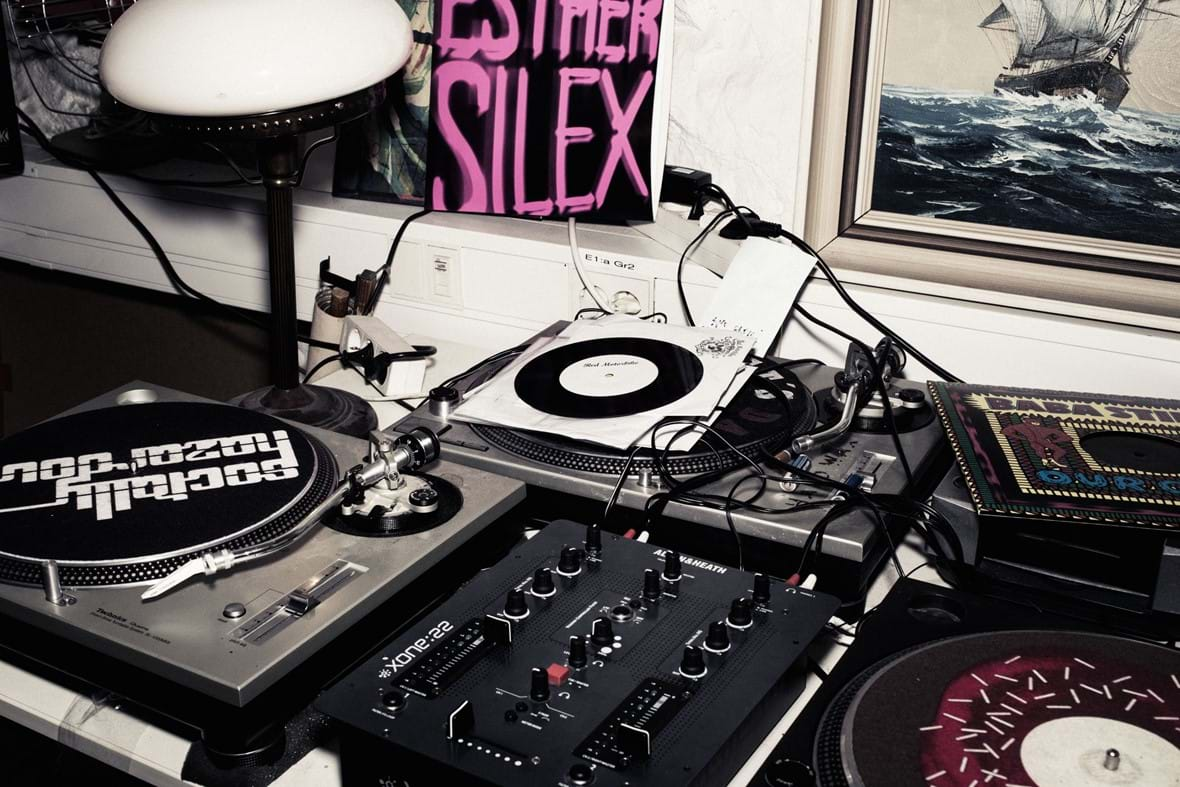
I am motivated by learning new things, by progress – that’s why I keep buying new gear. The process of building it, decoding new information, learning how to use it helps me make music by simply knowing more.
On the other hand, I don’t feel that inspired by going to, let’s say, a festival with 5 different stages and multiple DJs. It has to be something different. Completely random even. To get the mind thinking in different directions, you know?
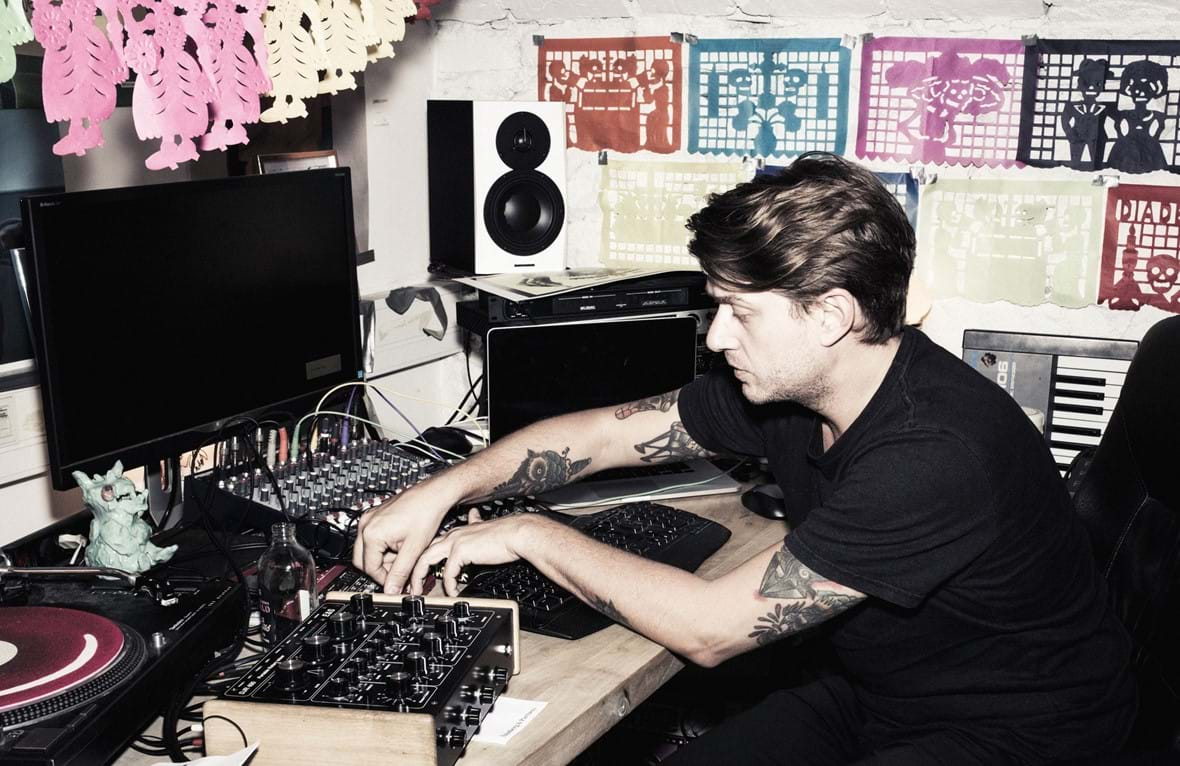
Be altruistic with the good stuff. Make art that expands and opens up your music.
Axel Boman, Studio Master
My approach in the beginning was basically trial and error: ‘how do these communicate with each other, what does this do?’ Today, everything has changed. You can Google any piece of gear and you’ll find all of the information you need to use it.
Learn more about our personal reference monitors, LYD.
The laptop and Ableton were crucial for my music. Everything became so much easier. Before that time, technology was a huge time-consumer for me personally. I was bursting with ideas, but had to figure out how to make everything work. Technology was very much as love/hate relationship. Then the laptop came along and completely changed the way I worked. I became so productive!
I hate it when people say making music has become too easy: ‘what are you talking about?’ So many fantastic people are making beats and the culture is growing. The production of music isn’t limited by money or availability of gear any longer – it has been democratized.
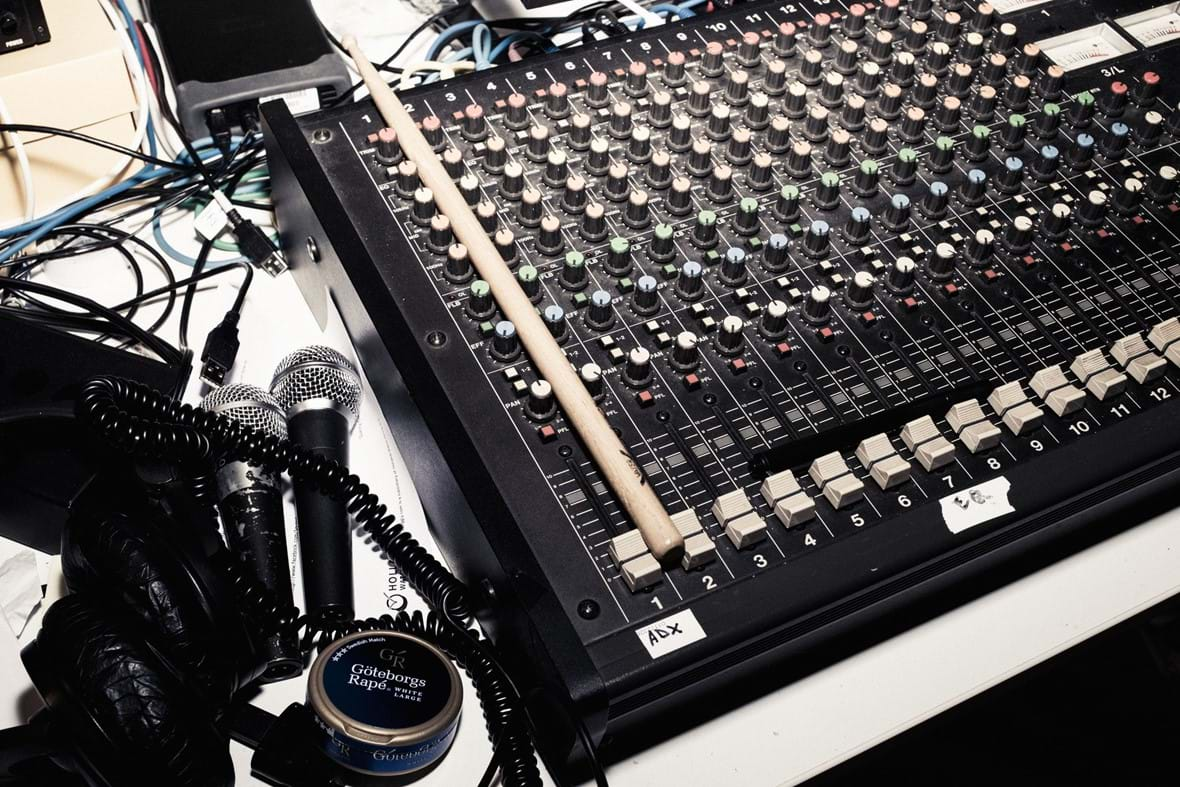
“I really grew because of great monitors. They are more dynamic and have a wider range. It’s important to have a precise, none-disturbed sound when you make music – especially when you’re spending so many hours in front of them. To me, it’s very important that they work well at low volumes, because that’s usually what I listen at – but, sometimes they do get cranked up! Soundcards and great monitors revolutionized by productions.
Axel isn't the only one who listens at low volumes, watch our interview with Daniel Miller and see why he does the same.
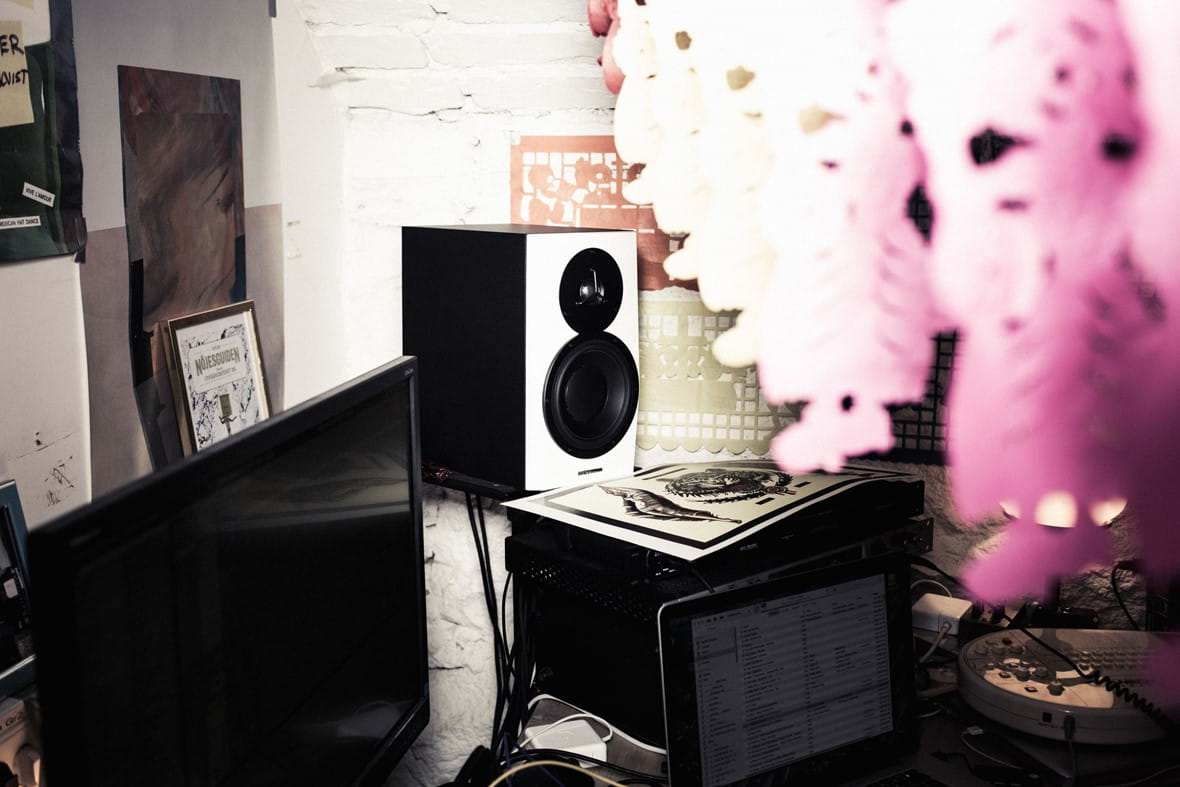
My best piece of advice for someone starting out as a musician: “Don’t make the kick drum so loud. It’s not about the kick drum, you just think it is.”
No! Focus on the bass line, the stabs, or something else entirely. Also, a friend of mine once said: ‘You house-guys always tease the listener. It takes five minutes before the track gets to the gold.’ And he was right, don’t get stuck in a certain way of thinking. Think outside the music and use your creativity. Be altruistic with the good stuff. Make art that expands and opens up your music. Tell a bigger story than just the track. Make videos about the process.
Hungry for more advice from musicians? Tomas Barfod shared his best tips in our interview with him.
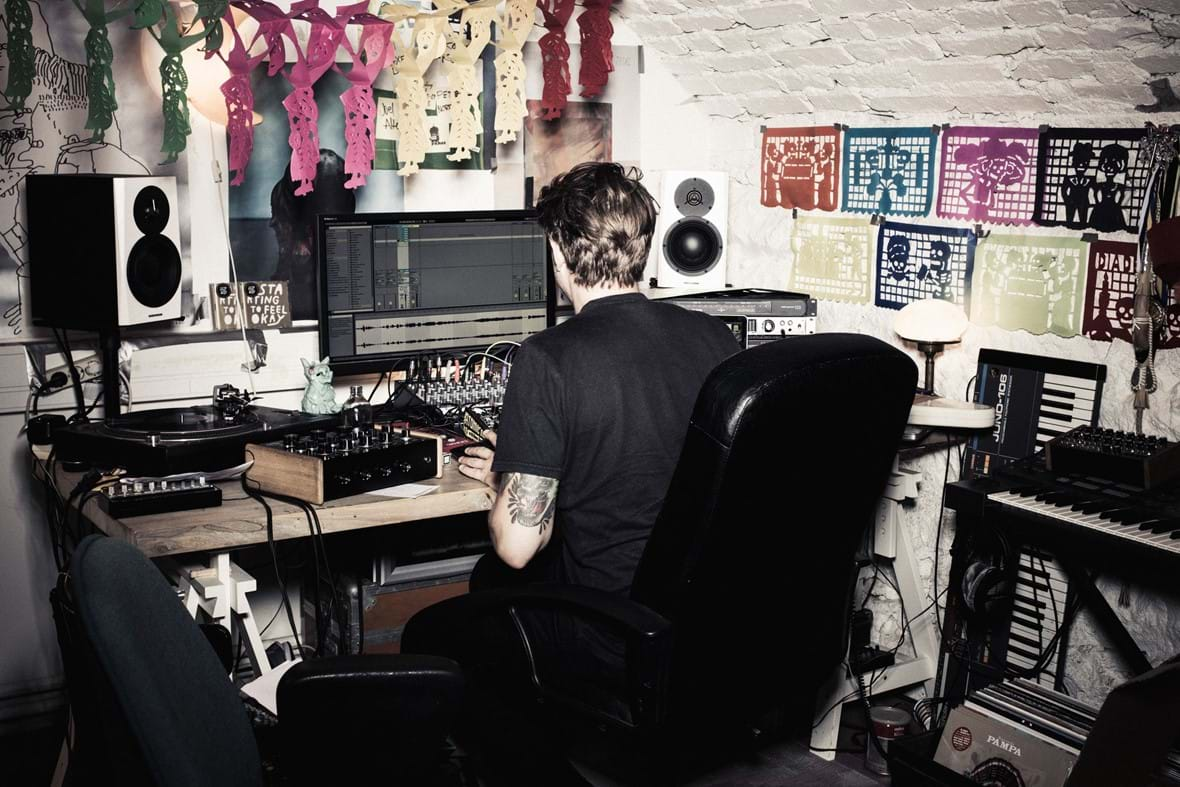
Meet the other Studio Masters
Daniel Miller discovered Depeche Mode and he's a big fan of Dynaudio monitors.
Roman Flügel and German electronic music are synonyms.
Sign up to get more great articles
Nothing compares to the satisfaction of knowing – for a fact – that something is as good as it gets


